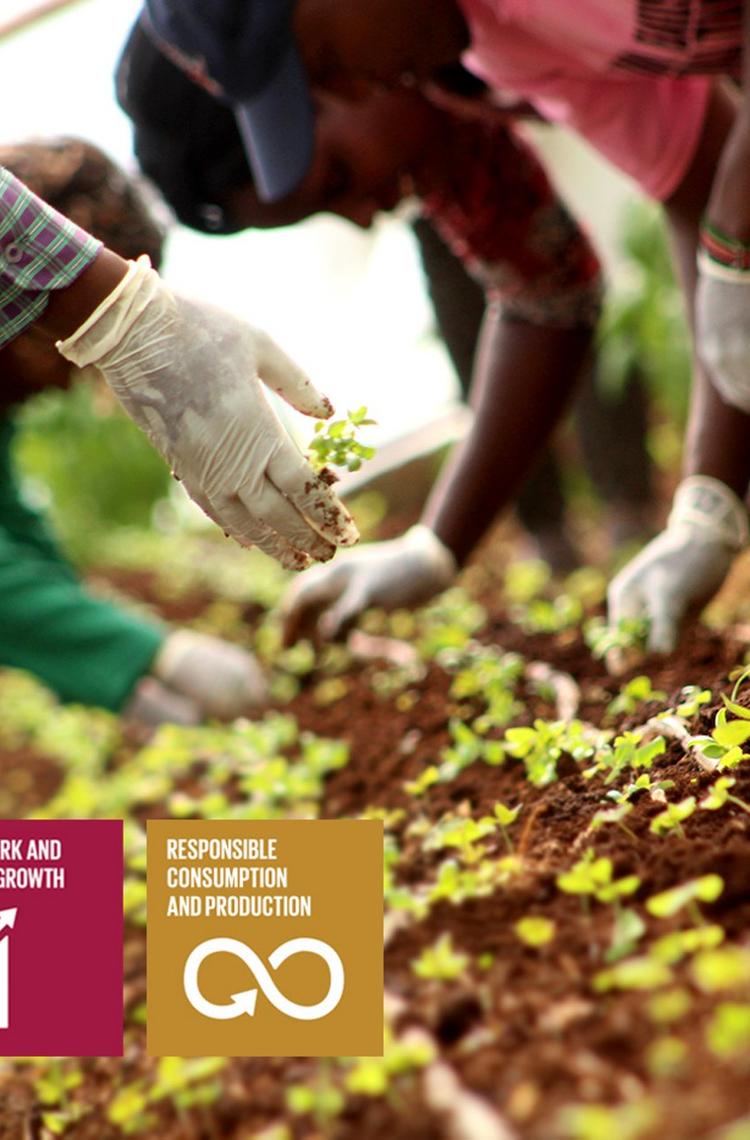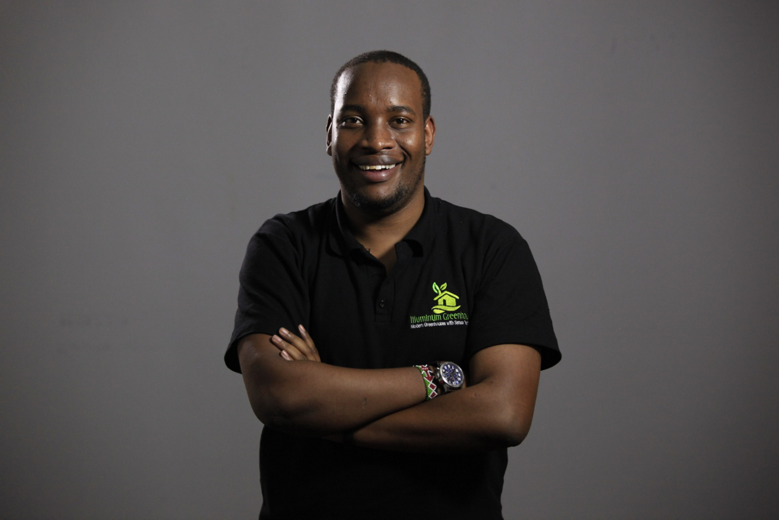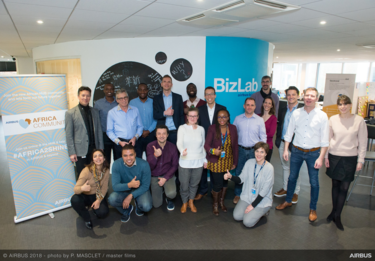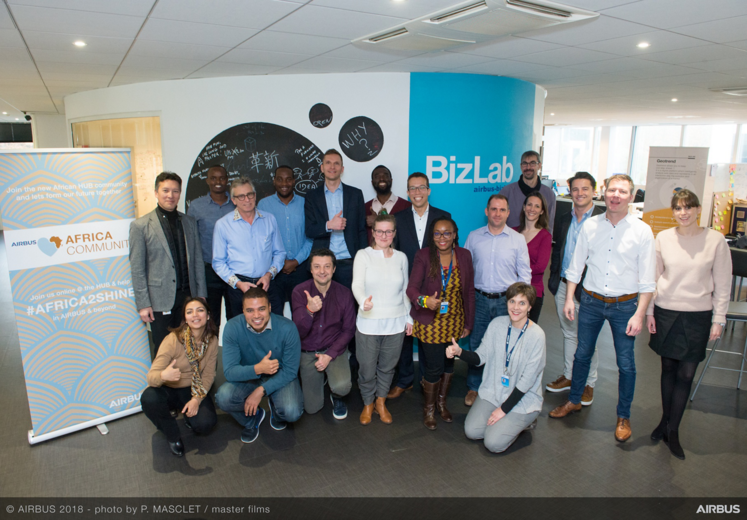Some farmers in Kenya don’t even have to go to work to help their tomatoes ripen; they can take care of their crops by sending an SMS to their greenhouse. There, solar powered sensors control temperature, air humidity and soil moisture. “This type of installation uses 60% less water than standard crops and gives 30% more yield,” says Taita Ngetich, co-founder of Illuminum Greenhouses.
In 2014, Ngetich, 24, says he was broke and without a job. He is the son of farmers from Kericho, a town northwest of Nairobi, where agriculture, especially tea, is one of the main drivers of the local economy.
After finishing his major in mechanical engineering at the University of Nairobi, he and his high-school friend came up with an idea to help farmers improve their crops. They started building a greenhouse on the cheap, using local materials – less durable but more affordable. “After we had built the first, another farmer came to us asking us to make one for him. From there, one thing just led to another,” says Ngetich.
Digitalisation for sustainable farming
Crops inside these greenhouses include tomatoes, basil, rosemary and sage that are consumed in Europe and elsewhere. The company has already built 1,500 units in Kenya, Tanzania and Uganda. Fed by solar power, they use drip irrigation technology built with local materials and farmers can control the irrigation pumps using their cell phone.
Agriculture employs 65% of Africa’s labour force according to the World Bank
The goal of the company is to see smallholder farmers in Sub Saharan Africa be able to access modern farming technologies. “We want to relieve them from part of their duties in the field so they can dedicate more time to other activities, like finding additional sources of income,” says Ngetich.
The next objective is to lower the price of each greenhouse. The current cost of such an installation is around 1,000 dollars, or two dollars a day, which is three times less than the average greenhouse, but still high for many farmers in Africa.
Together with Airbus BizLab and #africa4future initiative
In 2017, Airbus BizLab – the company’s global business accelerator – launched the #africa4future challenge to explore the innovation potential in Africa and to prepare the company for developing products and services for and with African people based on their needs and realities.
The teams from Kenia, Nigeria and South Africa had intensive exchanges with our management, experts, community members and many others. This collaboration through the #africa4future initiative is so empowering!
Rey Buckman, Airbus BizLab Platform Leader Hamburg
Illuminum Greenhouses use mobile communications because Internet and Wi-Fi connections are not present in large parts of Africa. Ngetich thinks his greenhouses could be improved by using satellite communications to collect data from the sensors, allowing the solution to be globally deployed. That’s where Airbus expertise could come in, he says.
A further area of improvement lies in finding new microfinancing systems so that more farmers can afford the system. Illuminum already has 1.5 million dollars in equity and is now looking to expand its team. “Our plan is to reach six million dollars of equity in 2020 and, hopefully, develop a new service of crop collection and transport to the airport in Nairobi for export,” says Ngetich.




